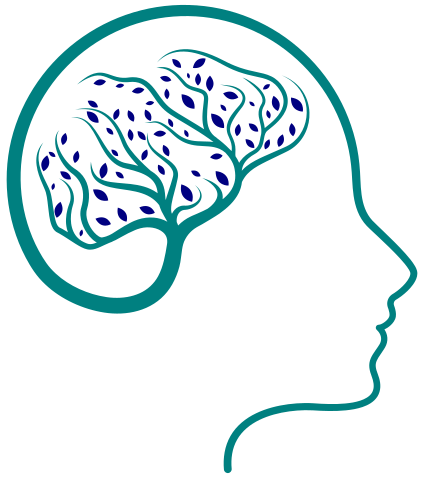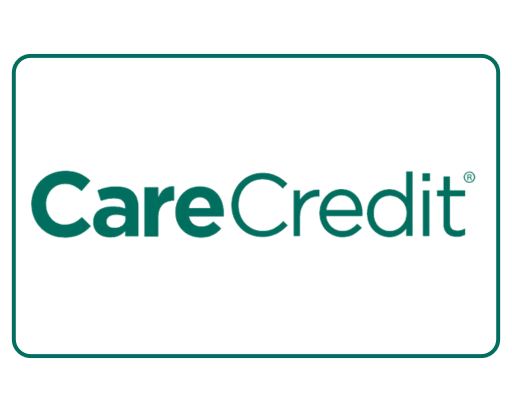What’s the Difference Between Coaching and Consulting for Business?

When you're starting a business, one of the first things you'll need to do is decide what type of help you need. Do you need a business coach or a business consultant? What's the difference between coaching and consulting for business? In this blog post, we will discuss the differences between these two types of professionals and help you decide which one is right for you!
If you're not sure what business coaching or consulting is, let's start with a quick definition of each:
- Business coaching
is a professional relationship in which the coach helps the client achieve specific business goals.
- Business consulting
is a professional relationship in which the consultant provides expert advice to the client on how to improve their business.
So, what's the difference between coaching and consulting for business? The most significant difference is that business coaches help their clients achieve specific goals while business consultants provide expert advice. In other words, coaches help you take action and get results, while consultants give you direction. Another key difference is that coaches typically work with clients over an extended period (weeks or months), while consultants typically work with clients for a shorter period of time (days or weeks).
So, which one is right for you?
If you need help taking action and achieving specific business goals, then business coaching is the way to go. If you need expert advice on improving your business, then business consulting is the way to go.
Still not sure which one is right for you? Business coaching and consulting are both great options for business owners who want to improve their businesses. The best way to decide which is right is to schedule a consultation with a business coach or consultant. This will give you an opportunity to discuss your needs and goals and see if coaching or consulting is the right fit for you!
Consultant Coach
• Even when one person is the main client contact, the consultant usually works with more than one person, often in a team, group, board, or department.
• Structures projects for specific deliverable or result, which the consultant is primarily responsible for
• Usually problem-focused, i.e., identifies and tries to correct problems or weaknesses Builds on the client's strengths
• Regarded as the "expert" who will solve problems (the magic bullet)Enables the client to solve problems or change things for the better
• A consultant brings technical expertise to advise on solutions
• If behavior change is needed, consultant generally does not get involved in it
• Gathers data and reports on what needs to be done
• Time-limited; generally short-term and project-oriented results
• Provides information
• Goals generally related to programs and funding
• Requires limited commitment from client to implement
Coach
• Works on a one-to-one basis; may coach more than one person in an organization, individually
• Supports the client in achieving her or his own result or outcome
• Coach brings relationship expertise to support the client's solutions
• A focus on individual and interpersonal dynamics supports behavior change
• Facilitates growth
• Occurs over a period that generally involves renewable contracts; focused on long-term results
• Promotes self-discovery
• Values-based goal setting
• Maximizes client's commitment to implementing solutions
If you're not sure which service is right for your business, don't worry.
Contact us, and we can help you figure out what type of support will best help you achieve your goals. We offer coaching services to help entrepreneurs launch and grow their businesses, as well as consulting services to provide ongoing support and guidance. With our help, you can take your business to the next level. So what are you waiting for? Get in touch today!
The post What’s the Difference Between Coaching and Consulting for Business? appeared first on Creative Solutions.














